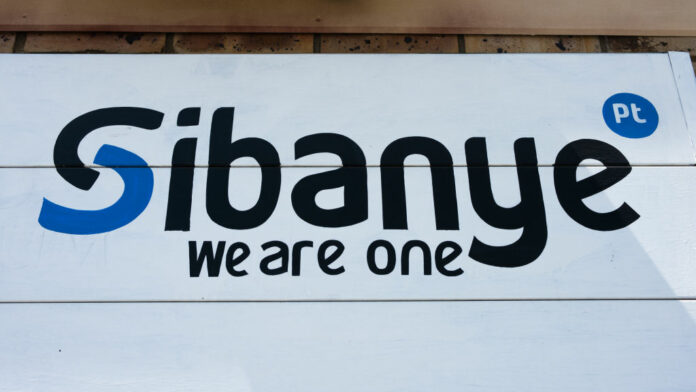
SIBANYE-Stillwater CEO Neal Froneman has urged investors not to buy the company’s share if they have short-term goals – the company is not for them.
“I would say that unless you take the long-term view on value, don’t buy us. The analysts find it hard to value what I’m describing. I’m not in it for the short term.” He was commenting during the London Indaba conference on June 26.
Froneman was referencing plans by the company to spend just over $1bn on two lithium projects in Finland and the US.
“We are overly exposed in South Africa as one issue, both in reality and perception, plus we are on a pivot,” Froneman said.
Shares in the company are about 35% weaker over the last 12 months and are currently trading at a near-five-year low. This was owing to the deterioration in platinum group metal prices (PGM) which have lost more ground as a basket than the rand has weakend against the dollar in the past year.
The palladium price is down 37% over the last year while rhodium prices are 69% lower. Trading at $26,000 per ounce in mid-2021, the rhodium is now around $4,000/oz currently. The rand is 16% weaker against the dollar over the same period.
Sibanye-Stillwater posted a year-on-year 43.7% decline in profit for the 2022. With gold making an Ebitda loss, all of the profits were derived from the South African PGM mines.
“Of course all boats lift (and fall) in a rising tide and right now it is depressed environment and PGMs have come right down. The basket price is half of what it used to be. But we are not overly worried. We know where we are going,” Froneman said.
The liquidation of South African shares amid the continued decline in critical services provided by government-run utility companies had also put pressure on the company’s share price. “I’d be the first to say that South Africa is oversold,” said Froneman. “The negativity has been overdone.”
He also spoke out about the latest attempt to shoehorn Government into action. This is a meeting this month between Business For South Africa and President Cyril Ramaphosa where they agreed to establish work streams in energy, transport and logistics, and crime and corruption.
Asked if this latest initiative would be lost amid a surfeit of similar commissions and collaborative structures established by Government, Froneman said: “It’s different this time because irrespective of government we will make an impact.”
Froneman is leading the workstream on crime and corruption with Remgro CEO Jannie Durand. Of this work, Froneman said: “There is so much capacity in business and intelligence to impact on illegal supply chains. This is through our own businesses and I’m talking about banks.
“We can do better if the police are involved but I can tell you we will achieve 70% to 80% of our plans on crime and corruption without government help. This is how we have designed it,” he said.
Froneman was quoted by the Sunday Times this week as saying business would stop organised crime in its tracks. “We know who they are and we will disrupt them, we will chop them off at their knees,” he said.










